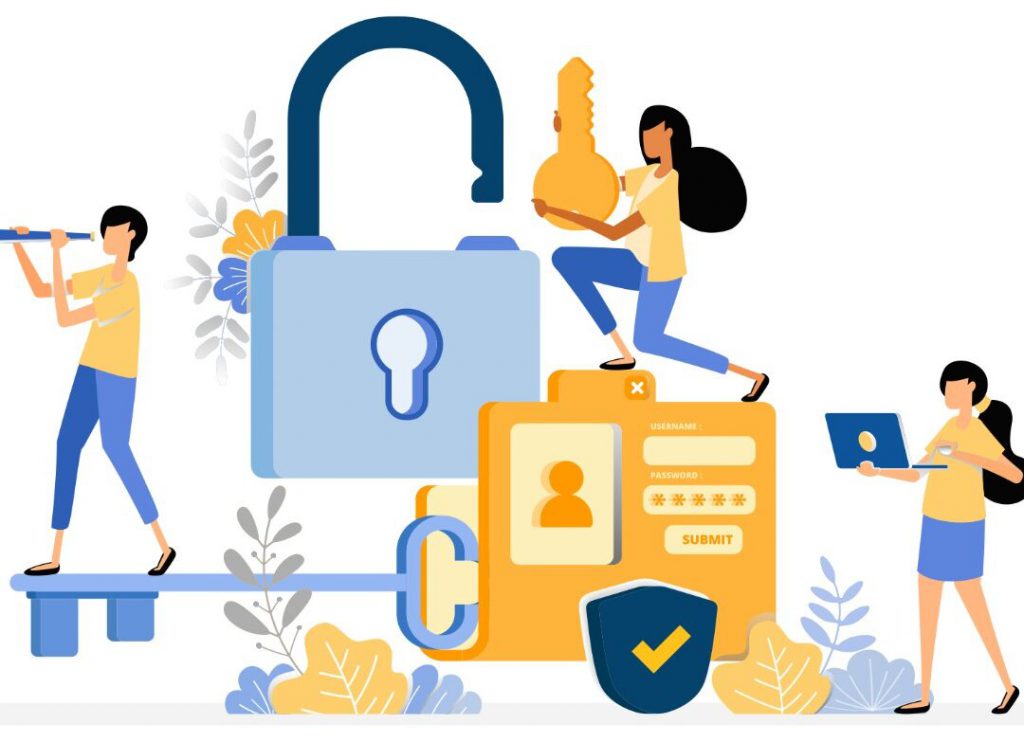In today’s digital age where financial transactions are conducted online, ensuring the security of your trading account has never been more important. Given the potential risk of hacking, phishing, and other cyber threats, it is important that you take proactive measures to protect your investments. In this article, we will discuss some important steps you can take to increase the security of your trading account and protect your hard-earned money. Consider having a demat and trading account to trade.
The first step to protecting your trading account is to create a strong and unique password. Avoid using generic or easy-to-guess passwords, such as E.g. your date of birth or the word “password”.Instead, choose a combination of upper and lower case letters, numbers, and special characters. We also recommend using a different password for each online account to minimize the impact of a potential breach. Check more on TradeView.
Enabling two-factor authentication (2FA) is another important security measure. 2FA adds an extra layer of protection to your account by requiring a second form of verification, usually a code sent to your mobile device in addition to your password. This way, even if someone manages to get your password, they won’t be able to access your account without the second factor.
It is important to regularly monitor account activity to detect suspicious or unauthorized transactions. Set up notifications or alerts in your broker to receive real-time updates on your account activity. If you notice any unexpected or unknown transactions, contact your broker immediately to report the issue and take appropriate action. Check more on TradeView.
Keeping your AI Trading platform and devices up to date is essential to maintaining security. Software updates often include security patches that address vulnerabilities and protect against new threats. Make sure your operating system, antivirus software and trading platform are up to date. Also, consider using a reliable and reputable antivirus program to protect yourself from malware and other malicious software. Consider having a demat and trading account to trade.
Be wary of phishing attempts, which are fraudulent attempts to obtain sensitive information by impersonating a legitimate entity. Phishing emails or websites often impersonate legitimate organizations, such as brokers or financial institutions, to trick you into revealing your login credentials or other personal information. Always verify the authenticity of an email or website by independently contacting your broker before sharing sensitive information. Check more on TradingView.
Be careful when accessing your trading account over public WiFi networks. Public Wi-Fi networks are often insecure and hackers can easily intercept your data. Avoid logging into your trading account and conducting financial transactions while connected to public Wi-Fi. Instead, use a private, secure network, such as B. a home or mobile data network to keep your information private. Consider having a demat and trading account to trade.
It is important that you regularly check your account statements and transaction confirmations for unauthorized activity. Review each transaction carefully and see if it matches your trading activity. If you notice any discrepancies or suspicious transactions, contact your broker immediately to report the issue and take appropriate action. Check more on TradeView.
Conclusion:
Finally, it is important to know the most common security threats and the best online security practices. Stay up to date on the latest cybersecurity trends and be aware of potential threats. Avoid clicking on suspicious links and downloading attachments from unknown sources. By staying informed and adopting good security habits, you can significantly reduce your risk of falling victim to cyber threats.

